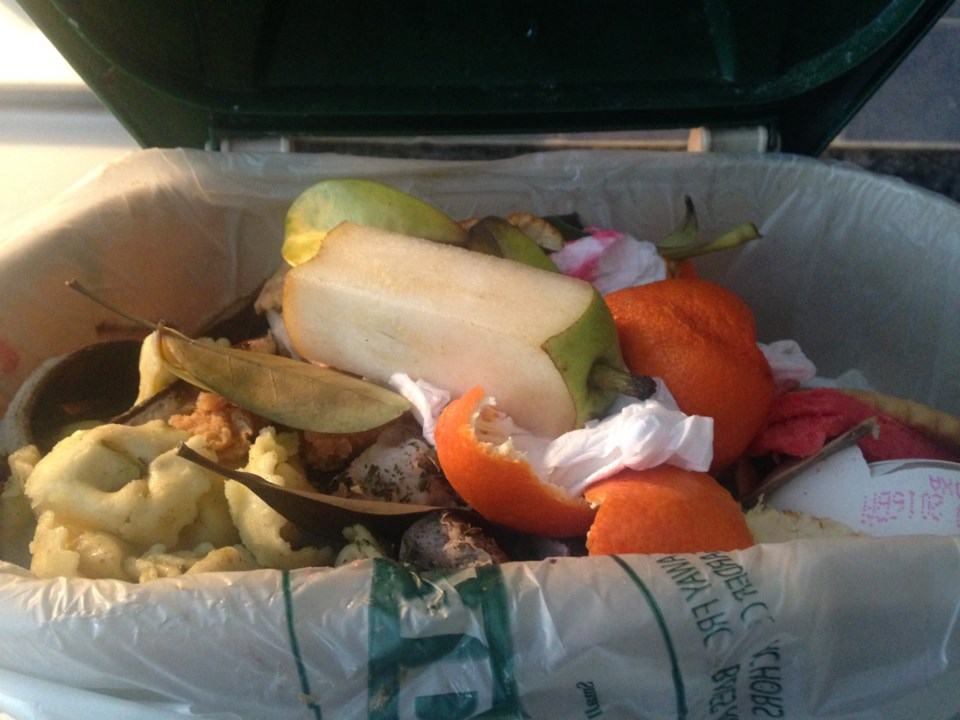As the province prepares to ban organic waste from landfills, apartment buildings throughout the city are adopting the three-stream collection system most residents have been using for the better part of a decade.
“Each one of those transitioned is more organics out of the landfill,” said Cameron Walsh, the city’s manager of solid waste. “It’s certainly helping to maximize diversion, and multi-res units are a tougher nut to crack than detached residential communities because of the mixed nature.”
While many older apartment buildings have a single chute for waste, Walsh noted most newer ones have at least two – one for recyclables and another for waste. But upcoming changes to provincial regulations are expected to prohibit organic waste from going into landfills and will require the use of a three-stream system (a recycling stream is already mandated).
The city launched a program working with building owners and managers in 2018 to help bring them into the municipal three-stream collection service.
During its first full year, 2019, the city saw 825 units brought on board, with 410 more in 2020 and 446 so far this year.
“We’re on track to be 800 or 900 units,” said Walsh, noting they track it by the number of residential units and not by the number of apartment buildings.
“I feel good about it,” he added of the level of uptake in the program. “Our multi-residential community is in a good state of readiness in terms of the organics framework as well as the transition to Blue Box.”
Community consultations are expected to begin next year regarding the province’s new food and organics framework, which will, among other things, require organics to be separated out and disposed of separately from general waste.
A provincial website notes Ontario residents produced 3.7 million tonnes of organic waste in 2015, about 60 per cent of which was sent to rot in landfills.The new framework is intended to decrease that number and up the diversion rate.
A timeline for its adoption hasn’t been set.
“Guelph is very environmentally conscious and so a lot of this is driven by the residents,” Walsh said of how apartment building owners and managers get involved in the program, explaining residents often urge participation in a three-stream system. “That’s a win for the community.”
Though apartment buildings will be required to sort organics from general waste, just as they do for recycling now, they aren’t obligated to enlist the city for collection and disposal services – they can hire a private provider if owners and managers so choose.
“There may be real, physical reasons why we’re not able to provide the service. It might be how the building was designed,” Walsh said of the city, which has specific requirements for its collection equipment. “Some we can’t access for technical reasons or they’re looking for a different level of service.”
With a three-stream system, “that really maximizes the value of the entire system,” Walsh noted. “Taxpayers get the biggest bang for their buck when they have those streams clean – the revenue is maximized, the environmental outcomes are maximized and the cost of disposal is minimized.”
